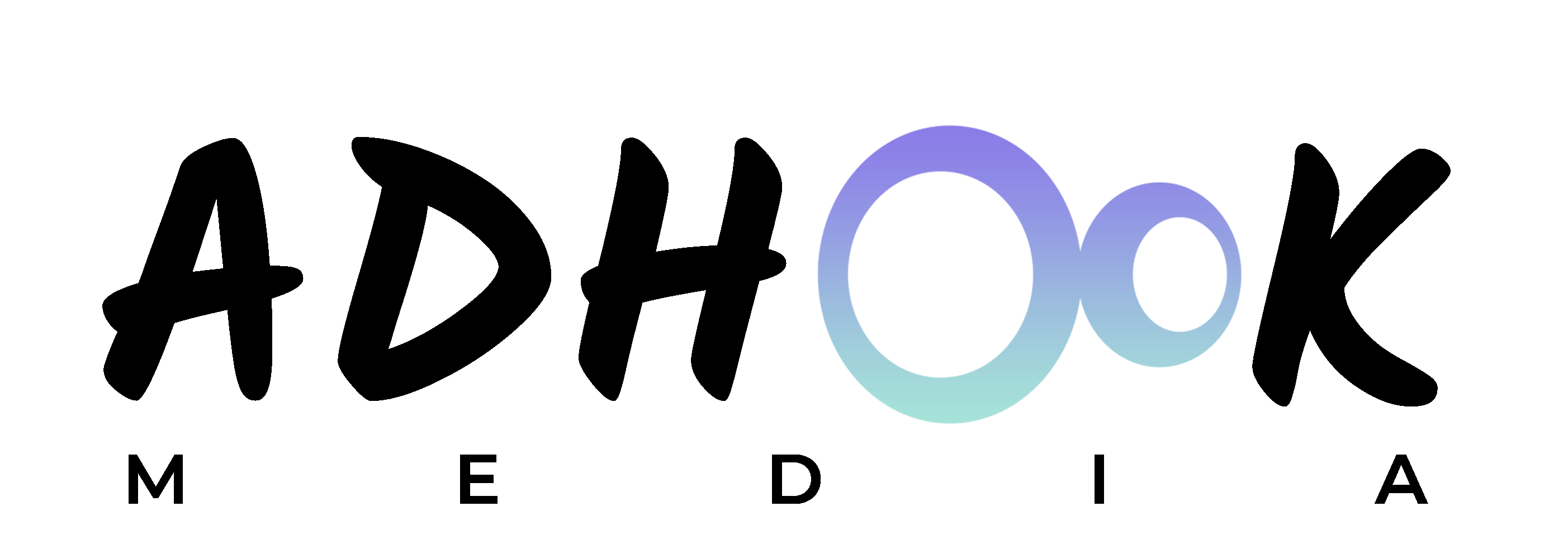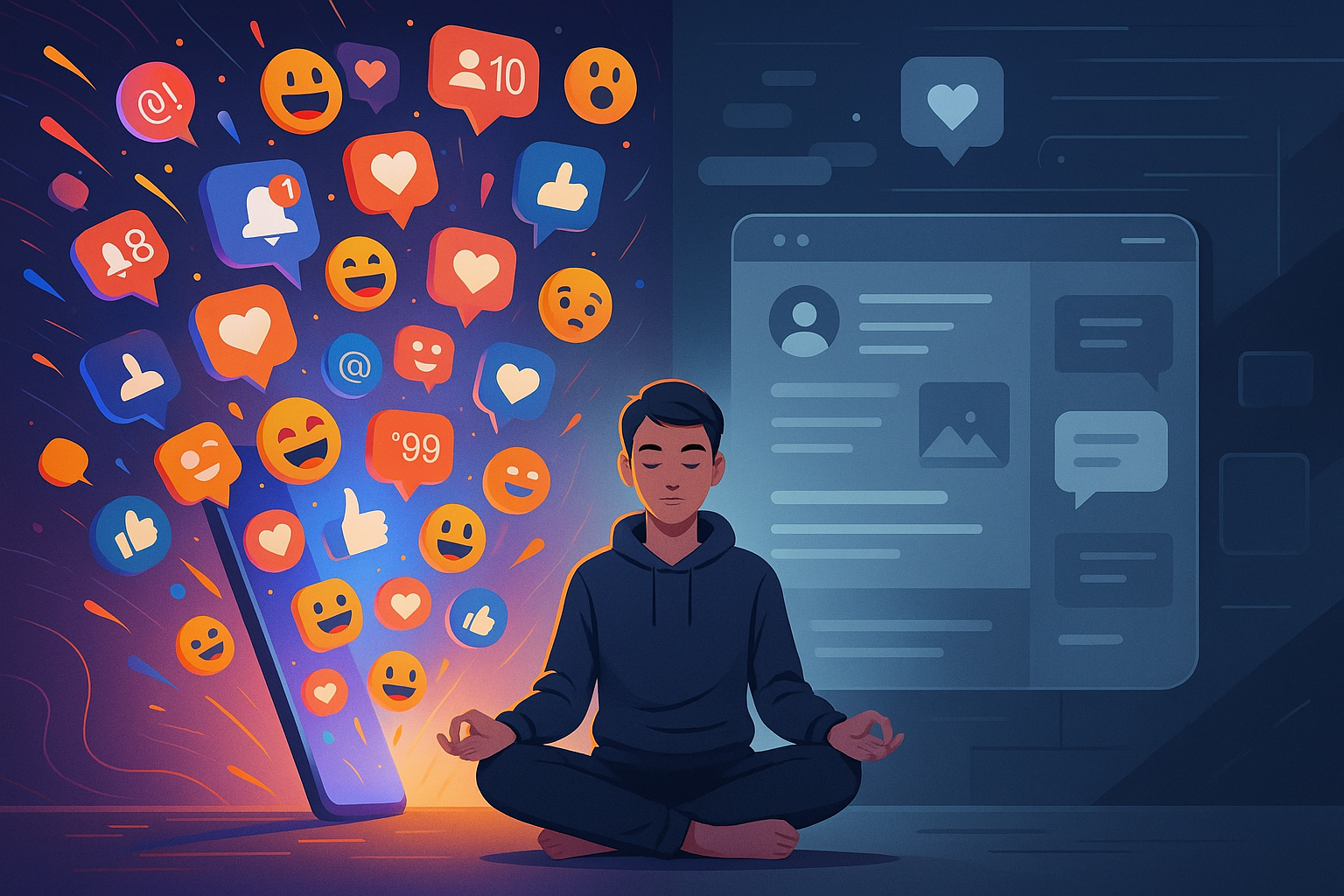Social media has transformed the way we connect, communicate, and consume content. What began as a way to share updates with friends has become a massive digital ecosystem influencing everything from politics and public health to buying decisions and business branding.
In 2025, social media platforms continue to evolve at a rapid pace—powered by AI, personalisation algorithms, and new forms of user interaction. From short-form video content dominating feeds to the rise of niche communities and AI-generated influencers, the impact of social media is more powerful than ever before.
But with greater influence comes greater complexity. While these platforms offer unmatched benefits like global reach and instant connectivity, they also come with downsides such as misinformation, mental health concerns, and data privacy risks.
In this blog, we’ll take a balanced look at the advantages and disadvantages of social media in 2025. Whether you’re a casual user, content creator, or digital marketer, understanding these pros and cons will help you navigate platforms more intentionally and make better use of the tools available.
Advantages of Using Social Media in 2025
-
Instant Connectivity
Stay in touch with friends, family, clients, and communities around the world—instantly.
-
Business Growth & Branding
Social platforms help businesses build brand awareness, engage directly with customers, and showcase their values and products.
-
Influencer & Creator Economy
Social media continues to empower independent creators and influencers to earn, educate, and entertain at scale.
-
Real-Time News & Trends
From global events to niche updates, platforms provide fast, curated access to what’s happening.
-
Learning & Skill Building
Short-form educational content and expert-led pages make social media a powerful tool for professional and personal growth.
-
Customer Service & Feedback
Many brands now use social media as their first point of contact for support, making service faster and more personal.
-
Community Building & Activism
Movements and causes find visibility, support, and reach through social networks, uniting people with shared goals.
Disadvantages of Using Social Media in 2025
-
Mental Health Concerns
Constant scrolling, comparison culture, and algorithm-driven feeds can fuel anxiety, stress, and low self-esteem.
-
Privacy & Data Exploitation
Despite new laws, many platforms still collect user data aggressively, often with unclear consent.
-
Misinformation & Fake News
AI-generated content has made it easier for false information to spread quickly, affecting public opinion and trust.
-
Algorithm Bias & Echo Chambers
Personalized feeds can limit exposure to diverse viewpoints, reinforcing existing beliefs and reducing critical thinking.
-
Screen Addiction
From doomscrolling to compulsive app-switching, excessive screen time is a growing issue for both teens and adults.
-
Pay-to-Play for Brands
Rising ad costs and reduced organic reach make it harder for small businesses to get visibility without a paid budget.
Social Media: A Tool or a Trap?
Social media, at its core, is just a tool. It can amplify your voice, grow your business, and keep you informed — or distract, mislead, and drain your time.
Whether it becomes a source of value or stress depends on how you use it:
- Use it intentionally: Follow pages that inspire or educate you.
- Avoid overconsumption: Set limits to prevent burnout.
- Engage consciously: Don’t just scroll — interact meaningfully.
In 2025, the power of social media lies not just in its features, but in your mindset and habits while using it.
Social Media Trends to Watch in 2025
The social media landscape in 2025 is more dynamic, intelligent, and user-driven than ever before. Platforms are adapting to new tech, user behaviours, and tighter regulations — making it crucial to stay ahead of the curve.
-
AI-Powered Everything
Artificial intelligence now powers much of what you see online — from content recommendations and auto-generated posts to fully virtual influencers. Brands are leveraging AI tools to personalise content at scale, automate community engagement, and even generate visual assets.
-
Short-Form Video Still Reigns
Bite-sized video isn’t going anywhere. Instagram Reels, YouTube Shorts, and TikTok remain dominant, with even serious topics like news, education, and finance being shared in 30–60 second formats. Creators are expected to tell compelling stories faster and more creatively.
-
Privacy-First Platforms
With rising data concerns, users are gravitating toward platforms that emphasise encryption, transparency, and control over personal information. Expect to see more privacy updates, opt-out options, and even decentralised social apps entering the mainstream.
-
Rise of Micro-Communities
Mass engagement is giving way to curated, niche spaces — think private Discord servers, Facebook Groups, and Reddit-like forums. Users want deeper, more meaningful conversations with like-minded people rather than performative posting.
-
Authenticity Over Aesthetics
Highly polished content is losing its edge. In 2025, users prefer raw, real, and unfiltered posts — especially from brands and creators. UGC (user-generated content), behind-the-scenes videos, and relatable storytelling now perform better than glossy ads.
-
Social Commerce 2.0
Social shopping is smarter now. Live shopping, product tagging in Reels, and seamless checkout experiences within apps are becoming standard, making it easier for brands to convert engagement into revenue.
-
Super App Integrations
Social media isn’t isolated anymore. Apps now combine messaging, e-commerce, news, entertainment, and even job applications in one place — making them more indispensable but also more overwhelming.
Tips to Use Social Media Mindfully in 2025
With social media playing a bigger role in daily life than ever, using it intentionally can protect your time, energy, and mental well-being. Here’s how to stay in control:
- Set Time Limits: Use built-in screen time tools or third-party apps to limit your daily use. Aim for quality over quantity.
- Curate Your Feed: Unfollow accounts that don’t add value or bring negativity. Follow pages that educate, inspire, or align with your goals.
- Review Privacy Settings Regularly: Platform policies change often. Check your permissions and ensure you’re only sharing what you’re comfortable with.
- Fact-Check Before Sharing: Misinformation is rampant. Verify claims before reposting, especially on news, health, or finance topics.
- Engage with Purpose: Don’t just scroll. Comment, share, save — or even take breaks when needed. Be intentional about how you use your time.
- Use It to Grow, Not Compare: Let social media inspire you, not pressure you. Everyone’s highlight reel is different — don’t measure your progress by someone else’s post.
Balance Is Key
Social media in 2025 is more powerful, personalised, and integrated into our lives than ever before. From business growth and community building to mental health and misinformation, its impact can go both ways.
The key? Balance. By understanding both the advantages and disadvantages of using social media, you can make smarter choices — whether you’re scrolling for fun, building a brand, or staying informed.
Used mindfully, social platforms can help you grow, connect, and stay ahead. But it’s up to you to decide how much space it deserves in your day.
So the next time you open your favourite app — pause, scroll with purpose, and post with intention.
FAQs
What are the main benefits of using social media?
Social media helps users stay connected, build communities, access real-time news, and promote businesses. It’s also a great tool for learning, entertainment, and customer engagement.
What are the biggest downsides of social media in 2025?
Some key disadvantages include misinformation, privacy concerns, screen addiction, and mental health issues due to constant comparison and content overload.
How is social media different in 2025 compared to a few years ago?
In 2025, platforms will be more AI-driven, privacy-focused, and centred around short-form video and micro-communities. The lines between social media, shopping, and search have also blurred.
Can social media affect mental health?
Yes. Excessive use can lead to anxiety, low self-esteem, and FOMO (fear of missing out). That’s why mindful usage is strongly recommended.
Is social media still useful for businesses in 2025?
Absolutely. Social media is a crucial component of digital marketing strategies — particularly for brand building, customer engagement, and driving sales through social commerce.
What’s the best way to use social media responsibly?
Set boundaries, follow accounts that add value, fact-check before sharing, and take regular breaks to avoid burnout.

